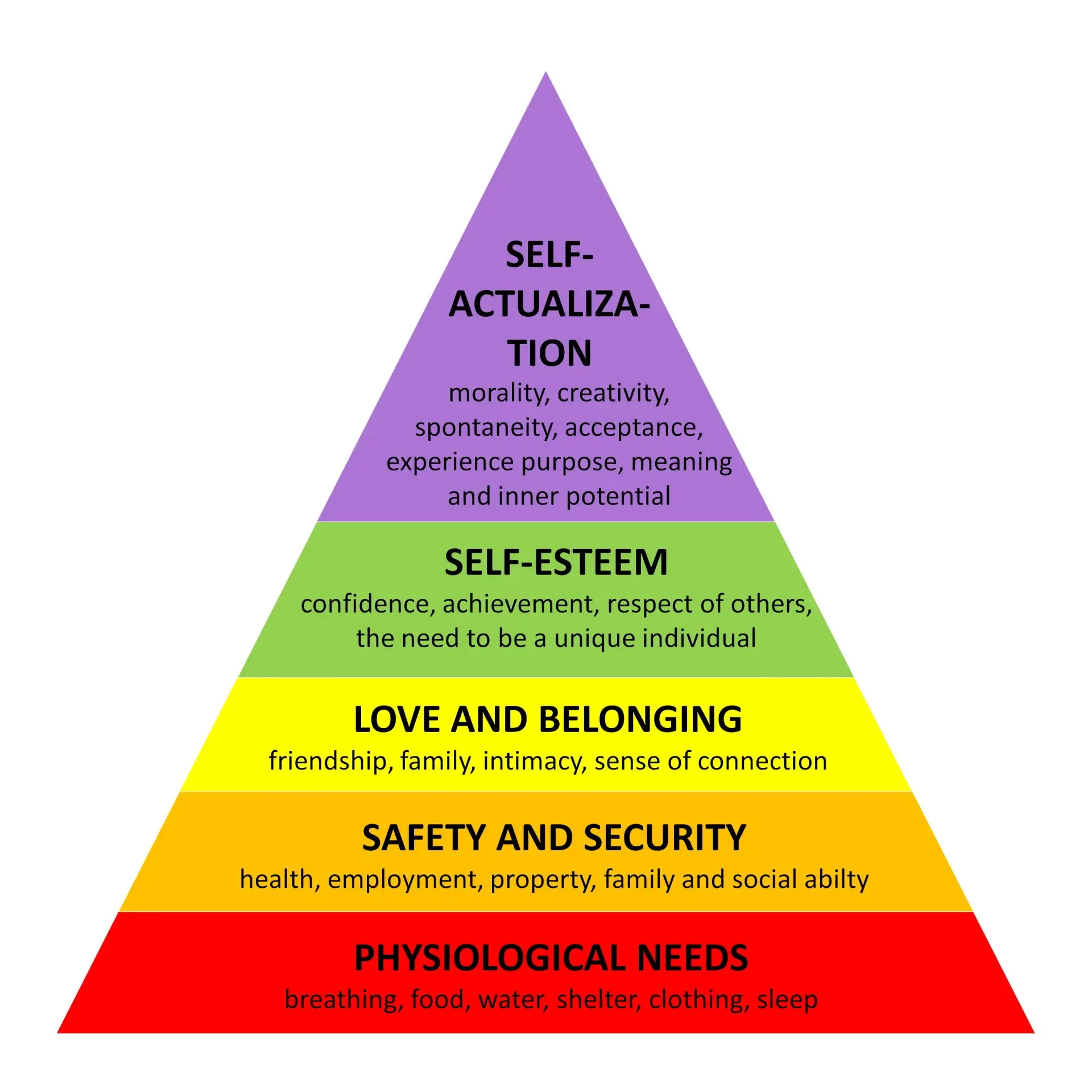Using Relational Learning Plans for Anxious Students
What is the purpose of using a relational learning plan in education? How do these plans contribute to educational practices and what steps are involved in establishing them?
At Next Steps Education, every student benefits from having a personalised relational learning plan from the moment they join us. These plans assist students in settling in and provide tutors with insights into your child's experiences, interests, and the most effective methods for engaging with them.
Upon enrolling with us our Relational Learning Lead, Giovanna, will arrange a phone or video meeting to discuss your child with you. It's a relaxed conversation and a safe space for you to share the most effective strategies you've discovered as a parent. Teamwork is important to us and we view every parent as a lynchpin of our team.
Some of the things that we will discuss in a Relational Plan Meeting include:
Key Questions
- who are the significant adults in the team around your child?
- what are your child's strengths, skills and qualities?
- what are their coping strategies and signs of resilience?
- when is your child at their best?
- what's been successful in the past and what works well now?
Protection
- how can we help your child feel safe?
- how can we develop trust with your child?
- are there times in the day when they feel particularly unsafe?
- how can we adapt our environment to help your child feel safe?
- what does your child need to know in order to feel safe?
Connection
- how can we support your child to feel meaningfully connected?
- how can we develop and promote positive peer relationships?
- what activities may help your child develop a sense of belonging at Next Steps?
Understanding
- what does your child's behaviour tell us about how they are feeling?
- if your child is finding something hard or showing challenging behaviour, how can could respond and show understanding?
- what works to co-regulate and calm your child?
- what empathetic responses might be helpful?
Care
- does your child have any unmet needs in terms of basic care?
- how can we communicate care to your child?
- how will the young person know that they are liked?
- what activities might foster shared enjoyment?
- how can your child be soothed?
Supporting Inclusion
Are there any difficulties blocking your child's access to learning, thinking specifically about:
- control related: accepting adult lead, co-operative working, turn=-taking, asking for help
- social skills: listening skills, eye-contact, starting conversations
- identity based: taking risks in learning, accepting challenges, making mistakes
- self-regulation and sensory regulation: emotional regulation, self-soothing, managing sensory inputs
- behaviours for learning: planning, organisation, time management
- literacy skills: phonics skills, reading comprehension, recording skills
- language skills: understanding instructions, expressing opinions
- communication and interaction: understanding social situations
- building on strengths: how can we enable building on strengths
Once your child's personalised relational learning plan has been written it will be shared amongst your child's team of tutors and mentors, helping us to find the best pathways and strategies to help your child succeed in learning.
Our parents and families are also invited to regular review meetings where we can discuss relationships, progress and goals.
Relational learning plans serve as vital tools for us, supporting the personalised approach we love, recognising and nurturing each student's unique strengths, needs, and experiences.
Through our structured conversations and collaborative efforts between educators, parents, and students, these plans foster an environment that promotes safety, connection, understanding, and care. By addressing key questions and challenges, such as those related to protection, social inclusion, and learning behaviours, relational learning plans enable us to tailor our strategies to enhance your child's engagement and success. The steps involved in establishing these plans—ranging from initial discussions to the implementation and regular review of strategies—are integral in creating a supportive and inclusive educational experience. At Next Steps Education, this comprehensive approach ensures that every child receives the guidance and support necessary to thrive, bringing together the collective expertise and insights of your child's educational team.



